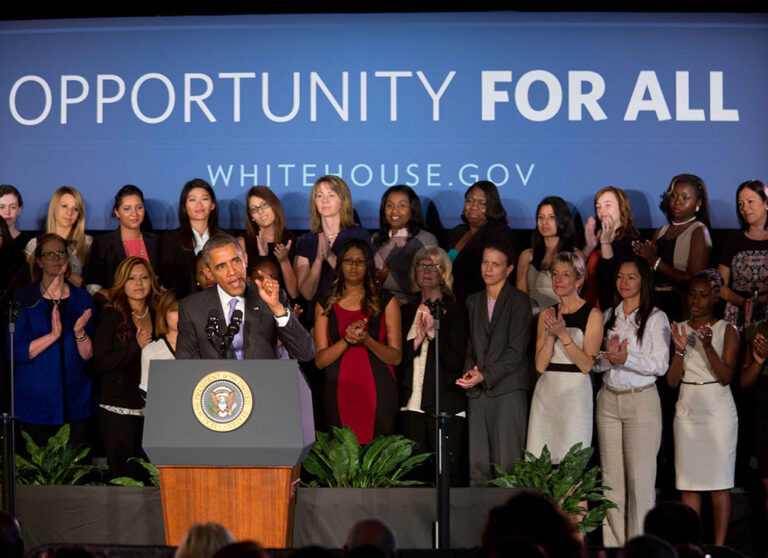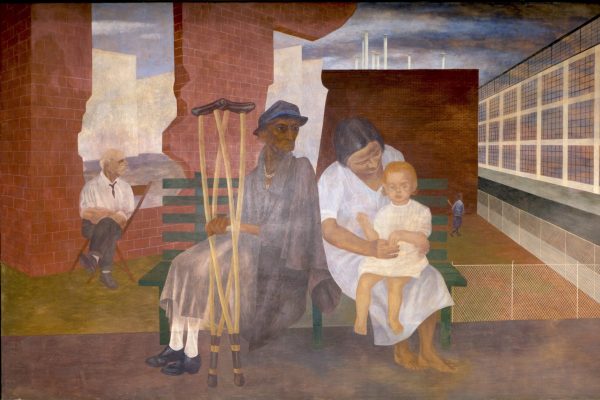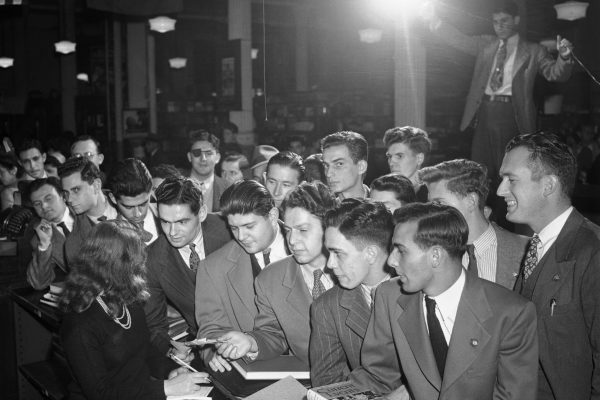The crisis here spells disaster for the future of public education.
Not as it’s traditionally done, but there are more equitable models.
Forum
Being serious about equality means aiming to ensure we all live equally flourishing lives—not merely that we have the chance to do so.
Redistributing land was once central to global development efforts—and it should be today.
Tax breaks for investors don’t help poor communities.
For years the left has rallied around taxing the 1 percent, but this group is too narrow.
The tone of exhausted pragmatism—even among friends of the program—is counterproductive. It is beyond time to fight fire with fire.
Revisiting When Affirmative Action Was White, nearly two decades on.
Two new books critique poverty capital, but they don’t ask what borrowers need.
Institutional reform is no match for pervasive structural inequality.












